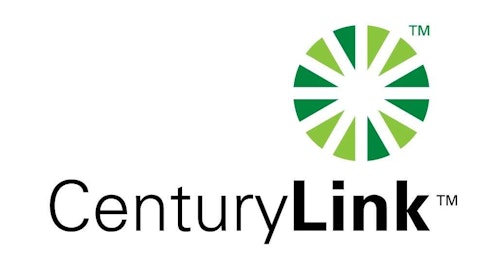Valuation
One strategy Benjamin Graham favored was buying stocks trading below their net current asset values. His theory was that any surviving company should be worth at least that much, and any dying company should be convertible into somewhere in the neighborhood of that amount of cash when liquidated.
While that strategy worked well for him when he invented it, in these days of ultrafast computerized trading, the companies that trade at those levels generally do so for really good reasons. Take the giant banks Citigroup Inc. (NYSE:C) and Bank of America Corp (NYSE:BAC). Looking just at their market prices and tangible asset values, they appear to be incredible bargains:
| Company | Market Capitalization | Net Tangible Asset Value |
|---|---|---|
| Bank of America | $129.7 billion | $161.6 billion |
| Citigroup | $132.8 billion | $154.9 billion |
Source: Yahoo! Finance as of Feb. 16, 2013.
Yet in the topsy-turvy world that is bank accounting, the largest asset on their books is other people’s and business’ debts: mortgage loans, business loans, credit card loans, etc. For those assets to really be worth their book values, the borrowers behind those debts need to reliably make their payments. It wasn’t that long ago that both of these companies nearly imploded when more people than expected stopped paying on their mortgages, triggering the recent financial crisis.
Still, whether it’s looking at tangible asset values or some other method of estimating a company’s true worth, looking for legitimate value can reduce your risk of overpaying for the companies you buy.
Diversification
Since dividends aren’t guaranteed and valuation methods can only protect you so far if a company falters, you need to diversify your holdings across industries in order to spread out those risks. Diversification doesn’t eliminate the risk of a company going bad, but it does reduce the impact of any one failure on your overall portfolio. The upside of diversification is that protection, but the downside is that it also mutes the gain you get if any one of your companies dramatically exceeds your expectations.
Dividends and valuation are the tools that can help you find companies worth owning based on the real money they’re generating and paying to shareholders. Diversification is the tool that protects you when something goes wrong. Use all three together, and you have a strategy centered on making money on purpose. Isn’t that better than throwing your money at the market and hoping you get lucky?
The article Are You Making Money on Purpose? originally appeared on Fool.com and is written by Chuck Saletta.
Chuck Saletta owns shares of General Electric and has an open options position in Bank of America. The Motley Fool recommends Exelon. The Motley Fool owns shares of Bank of America, Citigroup Inc (NYSE:C) , and General Electric Company.
Copyright © 1995 – 2013 The Motley Fool, LLC. All rights reserved. The Motley Fool has a disclosure policy.





